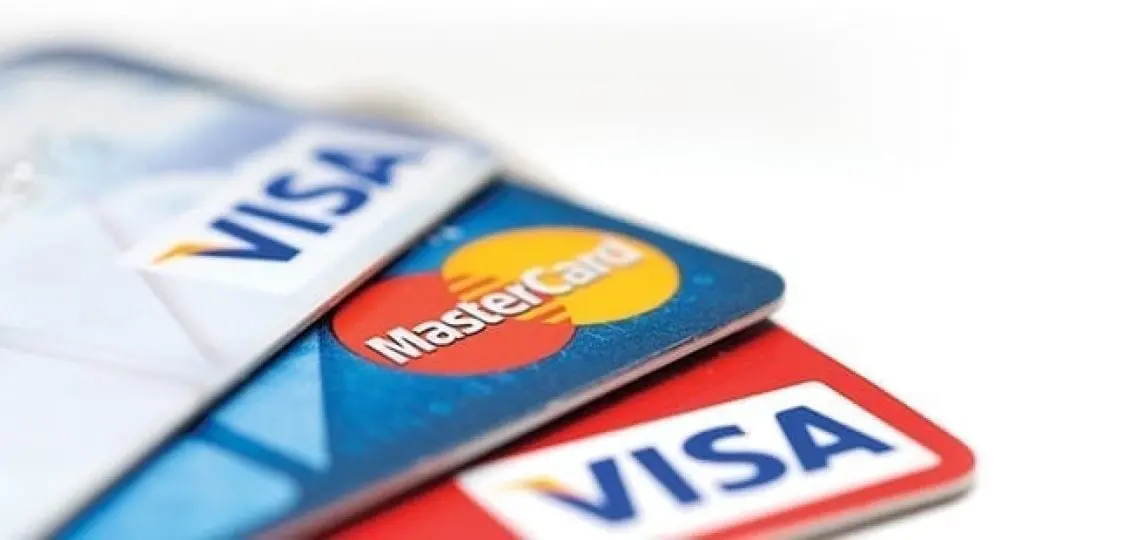When Monica went to college, her parents gave her a credit card and a warning: “This is for emergencies only!” One evening, Monica invited friends over for a bonfire and needed supplies for s’mores. She didn’t have cash, so she used the credit card. A lack of chocolate is an emergency, right?

Do Teens Need an Emergency Credit Card?
Most parents envision an entirely different scenario for an emergency, like running out of gas or getting stranded coming home from college because of a blizzard. Shopping for s’mores or grabbing lunch at Chipotle because your student didn’t have time to make it back to the dining hall before class? Probably not.
It begs the question: Is it a good idea for you to provide your teenager with an emergency credit card? If so, what guidelines should you establish?
Answer? Depends on your approach to money and debt. A credit card can be “part of a discussion that parents have with their teen early on, while they live in your house and under controlled circumstances,” says John Ulzheimer, credit expert at CreditSesame.com.
Clarify the Rules
Ulzheimer recommends that parents begin a discussion of financial responsibility at 14 or 15 and explain the circumstances that constitute an emergency. Tie the credit card to a major life event, like getting a driver’s license, to underscore the use of a credit card as a significant responsibility.
“Go over with them any charges they make without being too strict or too generous,” Ulzheimer advises. “The goal is to teach them a proper understanding of credit so they have a few years with you to learn—before they leave home and can get into big trouble.”
One bad charge is a teachable moment, but if your teen slips up again and again, then you have a range of options, including taking the card away and making them work to pay you back.
An Option to the Emergency Credit Card
Meanwhile, some experts say, an emergency credit card is not the best way to teach your teenager to handle an emergency. The “emergency-only” credit card teaches them to rely on credit, which can set them up for big problems later, argues Rachel Cruze, author of Smart Money Smart Kids. “Life has a way of becoming an emergency,” Cruze notes, “and parents should teach teens to budget and save money in the bank for unforeseen expenses.”
She recommends that teens have at least $500 in a savings account, more for college students, and use their own money “so they will be more reluctant to spend.” Cruze cites a 1987 MIT/Carnegie Mellon MRI brain study which found that the brain registers paying with cash as pain, while paying with credit anesthetizes the pain of paying—and results in greater spending.

Instead of a credit card, Cruze recommends that teens have a debit card linked to their own checking account, or a money market fund which is not readily accessible so they won’t be tempted to dip into it. “You are their parent, and you want to protect them from making those big, expensive mistakes. Giving them a credit card doesn’t do that.”




